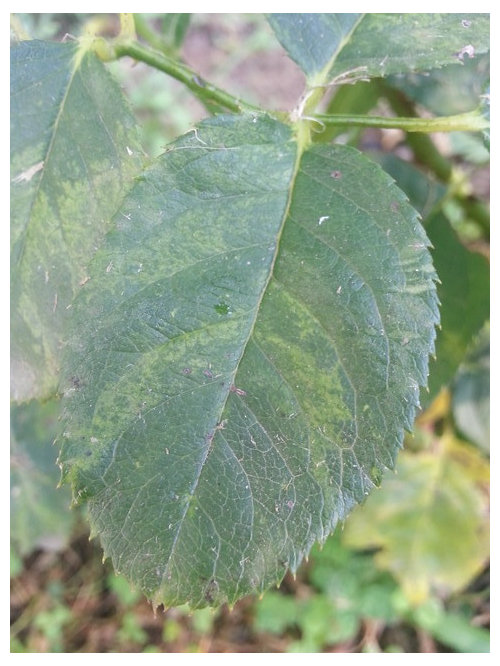Trouble shooting- can I have help?
growing_rene2
10 years ago
Related Stories

LANDSCAPE DESIGNWhat the Heck Is a Ha-Ha, and How Can It Help Your Garden?
Take cues from a historical garden feature to create security and borders without compromising a view
Full Story
MOST POPULAR9 Real Ways You Can Help After a House Fire
Suggestions from someone who lost her home to fire — and experienced the staggering generosity of community
Full Story
KITCHEN DESIGNKitchen of the Week: Double Trouble and a Happy Ending
Burst pipes result in back-to-back kitchen renovations. The second time around, this interior designer gets her kitchen just right
Full Story
EXTERIORSHelp! What Color Should I Paint My House Exterior?
Real homeowners get real help in choosing paint palettes. Bonus: 3 tips for everyone on picking exterior colors
Full Story
HEALTHY HOMEDecorate With Intention: Let Your House Help You De-Stress
Break free of automatic TV time and learn how to really unwind and recharge with these easy ideas that don't cost a dime
Full Story
THE POLITE HOUSEThe Polite House: Can I Put a Remodel Project on Our Wedding Registry?
Find out how to ask guests for less traditional wedding gifts
Full Story
SELLING YOUR HOUSEHelp for Selling Your Home Faster — and Maybe for More
Prep your home properly before you put it on the market. Learn what tasks are worth the money and the best pros for the jobs
Full Story

LIFEThe Polite House: How Can I Kindly Get Party Guests to Use Coasters?
Here’s how to handle the age-old entertaining conundrum to protect your furniture — and friendships
Full StoryMore Discussions










growing_rene2Original Author
t_bred
Related Professionals
Allentown Landscape Architects & Landscape Designers · Erie Landscape Architects & Landscape Designers · Lyons Landscape Architects & Landscape Designers · Pelham Landscape Contractors · Barrington Landscape Contractors · Coeur d'Alene Landscape Contractors · Cudahy Landscape Contractors · Fort Atkinson Landscape Contractors · Framingham Landscape Contractors · Goodlettsville Landscape Contractors · Hampton Bays Landscape Contractors · Mercedes Landscape Contractors · Newberg Landscape Contractors · Waltham Landscape Contractors · Tyngsboro Landscape Contractorsgrowing_rene2Original Author
michaelg
growing_rene2Original Author
roseseek
growing_rene2Original Author
roseseek
racin_rose
growing_rene2Original Author
henry_kuska
jerijen
ken-n.ga.mts
growing_rene2Original Author
henry_kuska
growing_rene2Original Author
henry_kuska
growing_rene2Original Author
susan4952
Campanula UK Z8